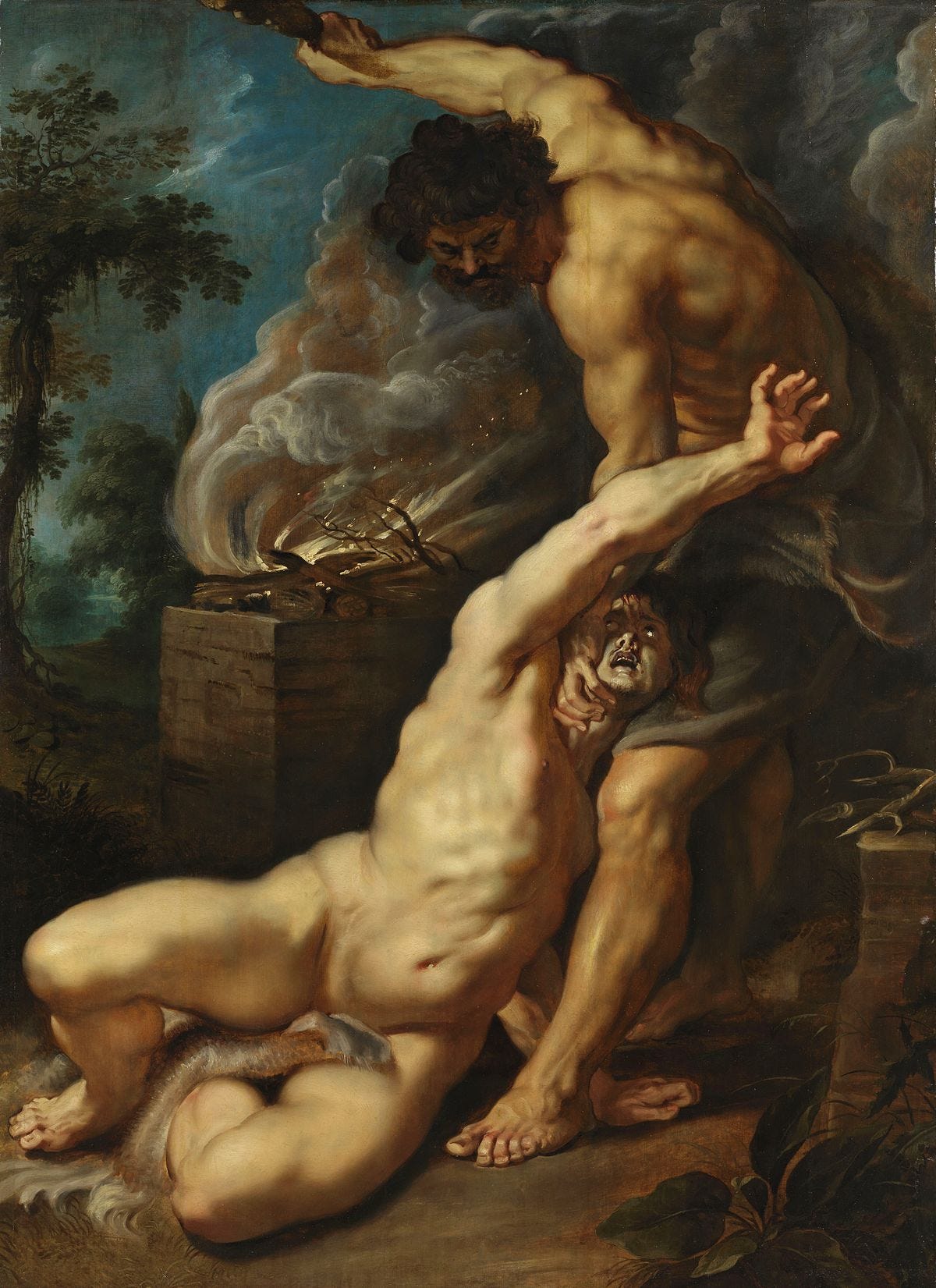John Cheever is one of those writers that you more often hear about than read. He inspired other writers and television shows. Mad Men owes a lot to his meditations on vaguely dissatisfied upper middle class white guys in the 20th century. That one Seinfeld episode name checked him as the lover of George's fiancee's father (they eventually killed her off. That show was messed up).
One question for anyone looking to explore the stories of John Cheever is whether anyone should care. He had his time. He was an upper middle class white guy in the middle of the 20th century whose stories appeared in New Yorker. He was even an alcoholic. Besides the closeted bisexuality, he's practically the cliché literary writer. When critics call a writer the Chekhov of Suburbia, it's almost a death sentence on most interest. This is an IMPORTANT writer who writes IMPORTANT books, none of this fun or whimsical books that you might actually enjoy. Read your Cheever and feel smug.
The enemy of almost every writer is canonization. The snobbery and class prejudice works both ways and there are more of us poors out there wanting to just enjoy some Terry Pratchitt or Friends reruns than elites consuming whatever Harper's Monthly and NPR thinks you should be reading. Many times I've enjoyed a “classic” only to feel weird recommending it to others. Maybe it's just my crowd but I've never been more embarrassed than when I was saying “I'm reading War & Peace. It's really good.” Which is a shame because War & Peace really is pretty great and you should read it.
So John Cheever. Why read John Cheever? Because he's weird. In many ways, he's stranger than the “cool” writers of his era. He might not have been hitchhiking across country like Jack Kerouac or shooting heroin like Burroughs, but he's an infinitely better writer and finds the bizarre in the ordinary. His characters are just as desperate and nasty as anything you'd see in Balzac.
That's a general statement. So what about “Goodbye, My Brother”? Well, it's not that great. First impression is to like the aloof little brother better than the rest of the New England drunks. John Cheever gives us the perspective of the rest of the family but the brother is the villain. Or he's the “villain” as he can't stand anyone.
In fact, he's such a buzzkill that the narrator hits him on the head with a rock. This is pretty much the whole story. The Stories of John Cheever is mostly chronological, but this story is an exception. Cheever published this one later than the next few, but he wanted to start with it. In this story, gives you a dysfunctional family that is so dysfunctional that they can't stand the one character who is not drinking and not getting involved in their meshuggas.
I should note that I'm writing the initial drafts of these story reviews on Tumblr. When I decided to adapt them to Substack, I was worried that I would just be cutting and pasting without adding much. When I first wrote about this story, I went off on a rant about my family and my childhood trauma and the ways that I always felt like an outsider at family functions, especially when the second cousins were involved. So I'm not cutting and pasting. You can find the original tumblr if you like.
Instead, this one is an interesting start. I hated the narrator and his mother. I liked the brother much better. Later on, I would have more sympathy for Cheever's loser drunks. He wasn't quite there yet in this story.
I am having a bit of a cash flow problem. ChatGPT killed most of my business. If you would like to help, even $5 would be an amazing contribution to my GoFundme
If you’d like to read along, here is The Stories of John Cheever








Are these stories in the classic covered book of Cheever stories. I read it 40+ years ago and i think its time for a reread. Thanks!